Today, 21 November, is World Fisheries Day: a chance to reflect on the role aquaculture has in supporting the health of the world’s wild fisheries.
Globally, according to the FAO, aquaculture is the fastest-expanding sector of food production, accounting for more than 50% of the world’s fish that is consumed.
According to The Herald, the Ministry of Primary Industries’ latest Situation and Outlook for Primary Industries report, published earlier this year, puts New Zealand’s total aquaculture production at around 120,000 tonnes, compared with around 450,000 tonnes from wild fisheries. And, around one in three fish stocks worldwide is unsustainably netted, stated a report from the Food and Agriculture Organization (FAO) in July this year.
Seafood is increasingly seen as a healthy protein option with a minimal footprint. As the world’s population continues to grow, and protein demand is expected to double worldwide in the next few decades, avoiding further depletion of wild fisheries means there’s an increasing need for aquaculture products.
Around the world, humans have relied on fishing as a traditional or, in some cases, only source of sustenance for centuries. But we have now reached a point – be it by over fishing or factors like loss of habitat or climate change – where continuing to source marine protein from wild fish stocks only is clearly unsustainable. It is estimated the world will need to produce 70% more food to meet the demands of future populations.
“New Zealand food and beverage is famed around the world for high quality, sustainable and unique products – we know we can’t feed the world from our small country, but we can lead the world towards more sustainable food models by setting a good example,” says NZKS’s Jemma McCowan.
This is why we can’t afford to stick with the status quo – we need to be constantly searching for the next sustainability gain. We already work hard to achieve the optimal feed for our salmon – a combination of the best nutrition and the most sustainable inputs. We’ve aimed to reduce the marine inputs without moving too far away from the fish-based diet that King salmon source in the wild. The fish inputs that remain in our salmon’s diet are sustainably certified and typically sourced from fast-growing renewable anchovy fisheries – and we’re always aiming to improve our feed efficiency further.
“We’re now also investing in research for new open ocean farming models that will provide growth of a local, sustainable protein source for future generations. As a food source packed with nutritional benefits, we hope to contribute to healthy people as well as a healthy planet,” says Jemma.

